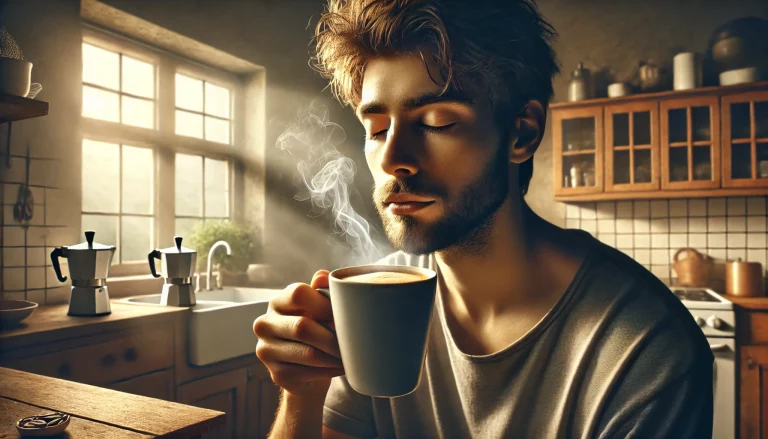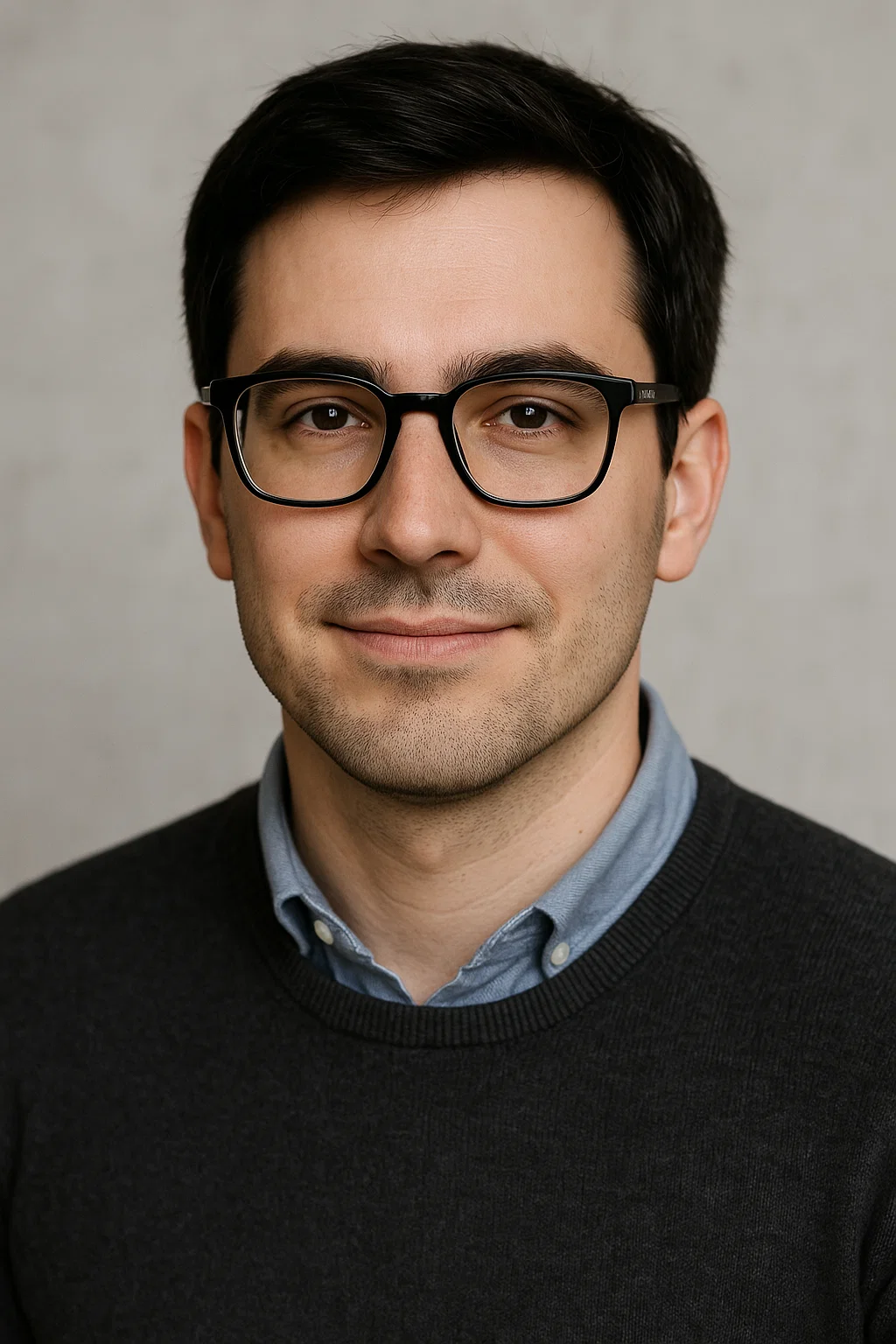
Coffee is one of the most consumed beverages in the world, with more than 2 billion cups served every day. While its popularity is often attributed to caffeine — the natural stimulant that helps us feel awake and alert — there’s much more going on behind our daily coffee craving.
In this article, we’ll explore the fascinating psychological reasons why we love coffee so much. From memory and emotion to identity and ritual, coffee plays a complex and powerful role in our minds.
Let’s dive into the emotional, cognitive, and social factors that make coffee such an irresistible part of modern life.
Few scents are as instantly recognizable and emotionally charged as freshly brewed coffee. But why does coffee’s aroma feel so comforting?
It all comes down to how the olfactory system connects directly to the limbic system, the part of the brain responsible for processing emotions and memories. This connection is faster and more primal than any other sense.
For many people, the smell of coffee is linked to:
Even people who don’t drink coffee often say they love the smell — because it’s emotionally loaded with positive associations. It’s not just scent — it’s nostalgia in a cup.
Psychologists have long studied the impact of daily rituals on mental health. Simple, repeated actions — like brushing your teeth, lighting a candle, or brewing coffee — can help reduce anxiety, create a sense of control, and signal a mental transition.
Coffee is one of the most popular modern rituals. The act of:
…becomes a symbol of routine, stability, and intention. It marks the start of the day, a creative moment, or a break from stress.
We don’t just crave coffee. We crave what it represents: clarity, presence, and emotional grounding.
Yes, coffee contains caffeine — but research shows that our expectations about coffee may have just as much impact on how we feel after drinking it.
A 2011 study published in Psychopharmacology found that participants who believed they drank caffeinated coffee (even when they hadn’t) showed improved alertness and reaction times. The placebo worked.
This shows how deeply we associate coffee with feeling productive, energetic, and capable. Over time, our brains begin to release dopamine simply by anticipating that first sip.
It’s not just chemical. It’s learned belief — and belief is powerful.
Coffee isn’t just something we drink alone — it’s also one of the most social beverages in the world.
Consider how often people say:
Sharing coffee is a cultural invitation to connect. It lowers social barriers, creates space for conversation, and builds a sense of intimacy.
In fact, a 2019 study in the Journal of Psychopharmacology found that people who drank coffee in a group reported higher levels of trust and collaboration — even when caffeine wasn’t involved.
Coffee connects us. Not just to the drink, but to each other.
Coffee has become a part of personal branding. The kind of coffee you drink, where you get it, how you prepare it — all of it can express identity.
Examples:
In this way, coffee becomes more than a beverage. It’s a statement — a reflection of who we are, or who we want to be seen as.
In times of stress or uncertainty, people often increase their coffee consumption. Not only for the caffeine, but because it provides a sense of comfort and normalcy.
During the COVID-19 pandemic, home coffee sales surged globally. In uncertain times, we return to familiar rituals. A warm cup of coffee becomes a psychological anchor — something we can rely on when the world feels unpredictable.
Coffee isn’t just energizing. It’s emotionally stabilizing.
Many writers, artists, and thinkers have praised coffee as their creative fuel. But is there science behind this?
Actually, yes.
Caffeine increases dopamine production, which can enhance focus and motivation — both important for creative output. But beyond chemistry, there’s a deeper psychological layer:
So coffee not only fuels productivity — it often becomes a symbol of creative momentum.
Coffee is a multi-sensory experience: smell, taste, warmth, sound, even the look of the cup. Each element provides micro-rewards that reinforce the habit.
Your brain learns: “When I do X (make coffee), I feel Y (rewarded).” This is classic reinforcement — and it’s why the coffee habit is so strong.
Add to that the fact that many people drink coffee after accomplishing something (a task, workout, or project), and you create a loop of behavior > reward > coffee — further cementing its emotional significance.
Coffee isn’t only about stimulation — it’s also about emotion regulation.
People often use coffee to:
These emotional associations reinforce the idea that coffee is a safe space, a small comfort, or a personal reward.
Even the act of holding a warm mug has been shown to increase feelings of warmth and trust toward others — a phenomenon known as “embodied cognition.”
So, do we crave coffee for the caffeine? Yes — but that’s just one part of the story.
We also crave:
It’s not just about energy. It’s about meaning.
In a fast-moving, digital, and often fragmented world, coffee provides something ancient and grounding: a pause, a presence, a purpose.
So the next time you reach for your favorite mug, know this: you’re not just having coffee — you’re experiencing a powerful psychological moment that connects memory, emotion, habit, and identity.
And that, more than caffeine, is why we love it so much.

Gabriel Rodrigues é especialista em finanças pessoais e escritor, com ampla experiência em economia, planejamento financeiro e gestão de recursos. Apaixonado por ajudar as pessoas a alcançarem sua saúde financeira, ele explora temas variados, desde investimentos até estratégias de poupança. Quando não está escrevendo, você pode encontrá-lo estudando novas tendências financeiras e oferecendo consultoria para quem busca melhorar sua relação com o dinheiro.